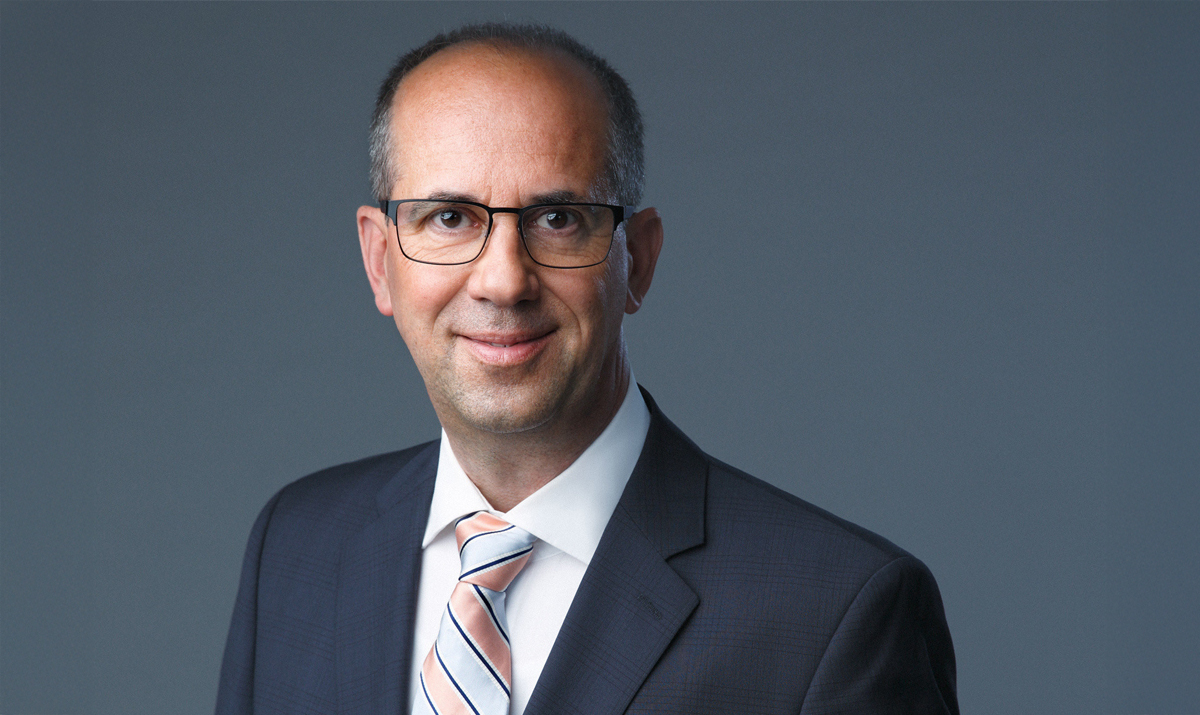
01 Oct Interview with Csaba Bőthe, Managing Director of the Hungarian Association for Innovation, Hungary
NW: How has your career shaped your vision for the Hungarian Association for Innovation, and what are your priorities for advancing Hungary’s innovation economy this year?
Csaba Bőthe: I trained as a physicist in Budapest in the 1990s, just as Hungary was transitioning from socialism and the R&D environment collapsed. Many of us had to choose between continuing in science or finding new careers. I pursued management, earning one of Hungary’s first MBAs, and became a junior manager at the Hungarian Chamber of Innovation (HCI), where I helped launch initiatives such as the National Scientific and Innovation Contest for Youth (now the Olympiad) and the Hungarian Innovation Grand Prize.
In 1994, I joined Westel Telecommunications and built a 30-year career in the ICT sector with multinational companies. Last year, I returned to lead the Association, where we agreed renewal was needed. My priorities are to expand services for members, refresh flagship events like the Olympiad and Grand Prize, and modernize our communication.
NW: What are the country’s current innovation strengths, and how is the Association fostering collaboration between government, academia, and industry to achieve this goal?
Csaba Bőthe: In the 1990s, as Hungary underwent major political and economic change, universities, research institutions, and companies founded the Hungarian Association for Innovation to support a post-socialist society and drive growth through technology.
Hungary has long excelled in science and intellectual property but often struggled to turn knowledge into economic success. Many Nobel Prize winners and innovators achieved their breakthroughs abroad. The Association set out to change this, and while progress over 35 years has brought more ideas, patents, and start-ups, our intellectual resources remain underused.
Education is key. For 34 years, we have run the National Scientific and Innovation Olympiad, helping students aged 14–20 turn ideas into marketable projects. The program has now expanded to universities, guiding students toward careers in tech firms or start-ups.
We also help start-ups secure grants, investors, mentors, and business plans. Despite successes, many still lack access to consultants, research institutions, and visibility. To bridge this gap, we host the annual Hungarian Innovation Grand Prize to showcase and promote their achievements.
NW: With the Hungarian Innovation Grand Prize in its 33rd year, how successfully is Hungary turning research into commercial success, and how can international partners and investors engage with this momentum?
Csaba Bőthe: Hungary has some strong success stories, but overall the results are still not sufficient.We always advise local companies – whether start-ups or larger firms – to look beyond the Hungarian market. Without targeting regional and global markets, success will remain limited.
Another challenge is that the economy is not yet fully supportive of a strong private sector. We continue to call for reforms in legislation and tax regimes. Although tax laws, exemptions, grants, and angel investors exist, they are still not enough, and many firms feel unsupported. This has driven some start-ups to relocate abroad, often to Europe or the U.S., where scaling is easier. Countries like Estonia have been more effective in retaining tech firms and attracting investment.
Hungary is trying to accelerate progress through the National Innovation Agency, the National Research, Development and Innovation Authority, chambers of commerce, start-up organizations, and grant and mentorship programs. Yet coordination among these actors is often lacking. Our aim is to listen to stakeholders and help harmonize these efforts, rather than let them run in parallel without synergy.
NW: What final message would you like to share with Newsweek’s global business audience about why Hungary is a choice destination for innovation and investment?
Csaba Bőthe: Much still needs to be done, and the innovation ecosystem is not yet operating at full efficiency. But because our intellectual capital is underutilized, there are real opportunities for start-ups, universities, and research institutes. This is why we actively seek cooperation with international counterparts, even though such partnerships can be difficult to establish.
We believe in building bridges between companies, institutions, and governments to create win-win opportunities between Western and Hungarian firms. At this stage, there is clear room for growth, and this is where foreign investors can play a vital role. Unlike the Hungarian Investment Promotion Agency (HIPA), which attracts investment into existing industries, our focus is different: fostering partnerships with Hungarian tech companies that already show strong results but need knowledge, experience, and international collaboration to scale globally.


